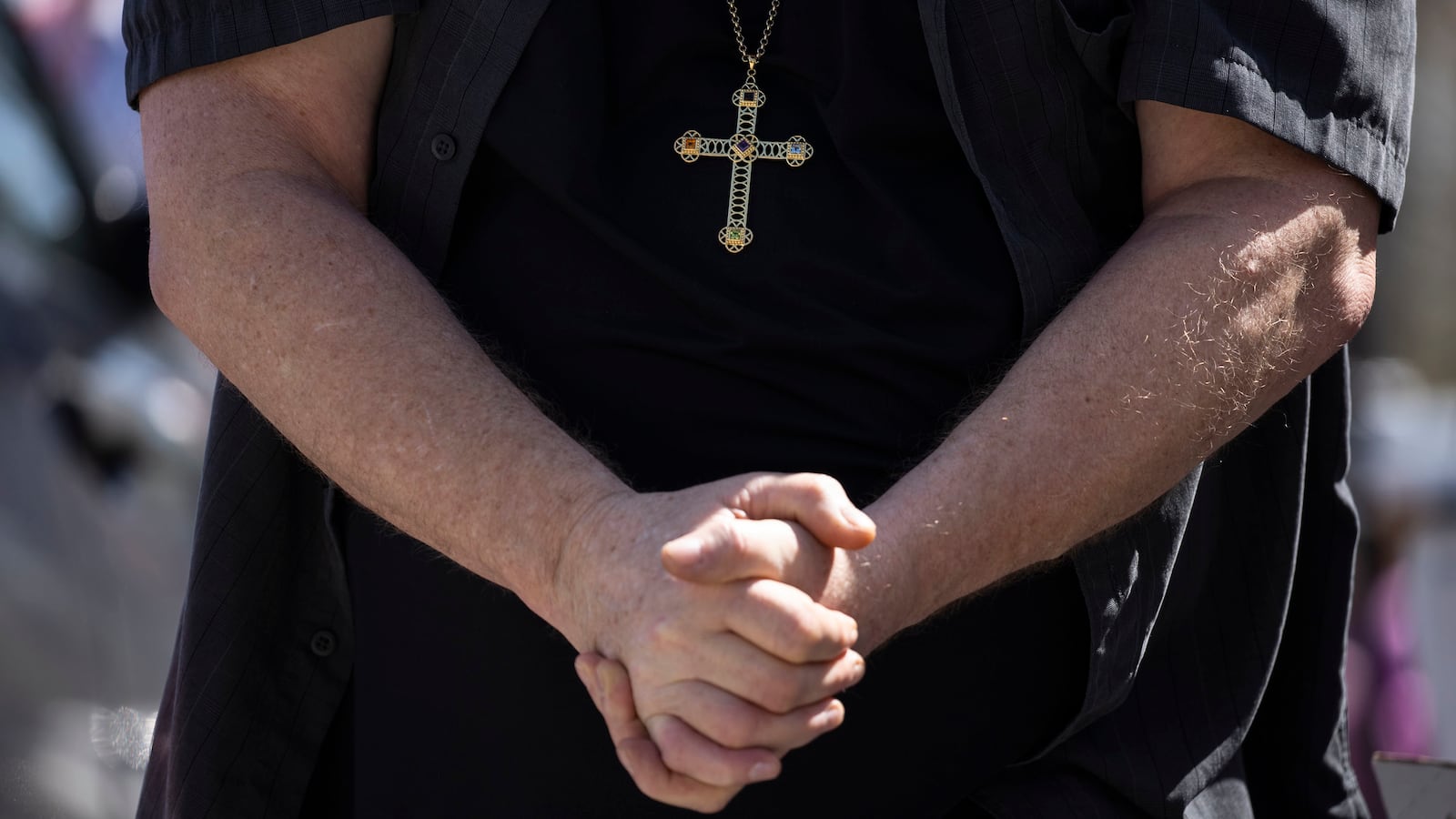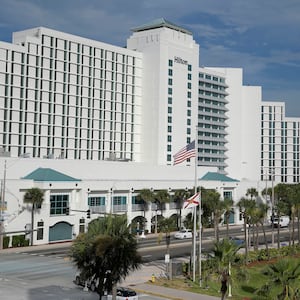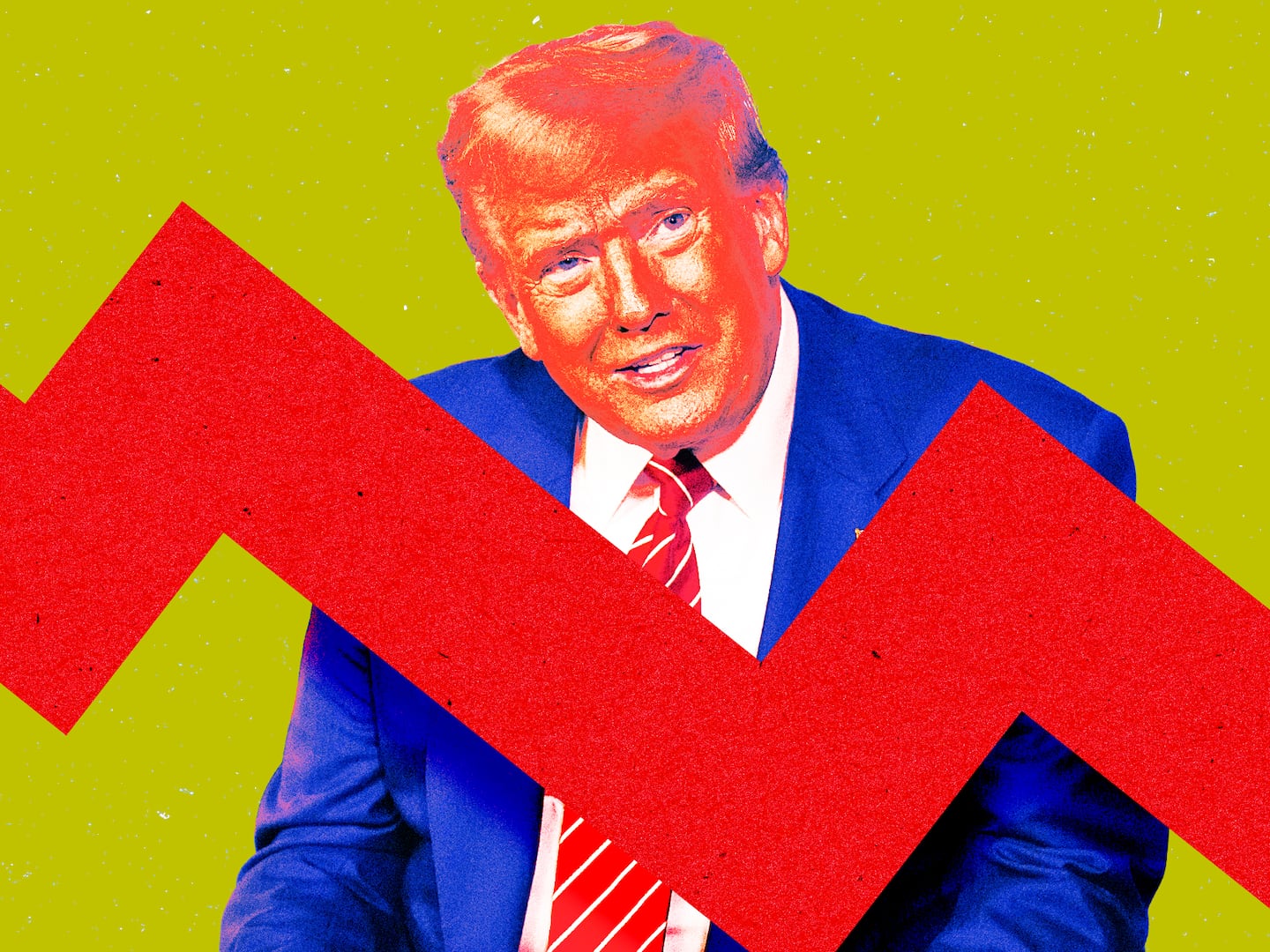During this crisis, Americans are being asked to decide what is essential and what is not. Now Congress must decide: Are religious institutions and non-profits essential or dispensable?
In the first round of PPP loans, few charitable organizations received funding compared to businesses. If the second round goes the same way, thousands of houses of worship across America will close and our country’s spiritual landscape will be forever changed.
This week, clergy members are leading tens of thousands of funerals; many are doing more than one a day. These are mostly graveside services with five or so people present. Pastors are helping families decide who should attend and who should stay home, and counseling grieving congregants who are making unimaginably difficult decisions.
Massachusetts Reservoir Church became a critical Red Cross donation site this past month, as hospitals ran out of space. Over 200 units of blood have been donated in the sanctuary, saving 600 lives. Donors included Congresswoman Katherine Clark and Pastor Steve Watson. In addition, the church partnered with Cambridge Public Schools to raise over $35,000 to get food to economically insecure families. Despite submitting their application early, Reservoir Church has still not recieved a PPP loan.
In New York, Amity Baptist Church, Society for the Advancement of Judaism, First Presbyterian Church in Jamaica, St. Paul Community Baptist Church and Our Lady of Sorrows Roman Catholic Church are all anchor institutions in their communities. Each has gone above and beyond to help their neighbors during this crisis: running food pantries, hosting COVID-19 testing sites, and providing other services. All of these institutions applied for PPP loans quickly through their long-time banking partner, JP Morgan Chase. None have been approved.
By and large, nonprofits have not stopped providing services—their work has just gotten more difficult. Thousands of seniors used to come to New York City’s community centers to eat lunch, exercise and socialize with their peers. Now service providers are tasked with the logistical challenge of delivering individual meals. Congregant settings – group homes, rehabilitation centers and shelters – were already challenging environments. Overwhelmed staff now have to quarantine residents with COVID-19 and constantly worry about their own health and safety.
Many religious institutions and nonprofits are under great financial stress; in some congregations, tithes have fallen off without in-person worship and donations have dried up as peoples’ incomes drop-off. Soon local governments will begin cutting contracts, as budgets tighten. It makes sense for PPP loans to support these essential institutions. In fact, Senator Chuck Schumer and Congressman Hakeem Jeffries led a righteous, and victorious, fight for religious institutions and non-profits to be included in the first stimulus bill and rules issued by the SBA.
But on the ground, religious institutions and nonprofits are not being funded. On a call with 50 charitable organizations on Monday, led by Metro Industrial Areas Foundation, only two had received approval for their loan applications. Many more leaders had spent hours refreshing online portals or endlessly on hold with banks. Several people had submitted applications on the day the applications opened, only to be told last week that money ran out while their loans were still being processed.
In the midst of a crisis, things move too quickly to prove that the wealthy and well-connected are being favored, but we fear this is exactly what is happening. As Congress prepares to vote on another round of funding this week, our representative must make sure Chase and other banks don’t leave America’s essential institutions, serving our most vulnerable people, behind. This fight will be in the trenches and on the balance sheets.
If we repeat the mistakes of the last round, our institutions may not survive.
Fr. Frank Black, pastor at St. Matthews Roman Catholic Church in Brooklyn, Rev. Jeffrey Thompson, pastor at Amity Baptist Church in Queens, Bob Connolly, strategy team member at Common Ground in Milwaukee, Rabbi Joel Mosbacher, senior rabbi at Shaaray Tefila in Manhattan, and Rev. Steve Watson of the Reservoir Church in Cambridge, Mass. are leaders with Metro Industrial Areas Foundation







